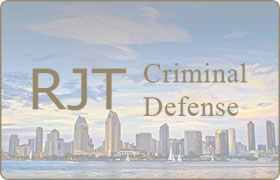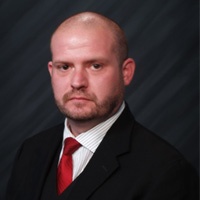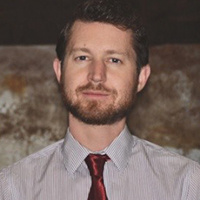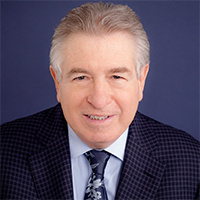Lakeside Felony Lawyer, California
Sponsored Law Firm
-
 x
x

Click For More Info:
-
RJT Criminal Defense
2820 CAMINO DEL RIO SOUTH STE 110 SAN DIEGO,CA» view mapDUI Defense, Drug Crimes, Homicide San Diego Criminal Defense Lawyer
San Diego's Experienced,Aggressive Criminal Defense Team is Here. Don’t leave your case, or your future, to chance. Contact us, find out what we can do for you.
800-697-9361 -
- Contact
- Free Evaluation
- Visit:
- Website
- Profile
Jacob Prescott Austin
✓ VERIFIEDCriminal, Felony, Misdemeanor, DUI-DWI, White Collar Crime
Over the years I have worked on cases spanning many areas of law such as marriage dissolution issues, transferring trademarks, elder abuse, financial ... (more)
Elliott N. Kanter
✓ VERIFIEDAccident & Injury, Wrongful Death, Personal Injury, DUI-DWI, Felony
Representing Injured persons and those accursed of Crimes since 1980
If you're seeking a criminal defense attorney or personal injury lawyer in San Diego who will look out for your best interests, you've come to the rig... (more)
Mark Lawrence Deniz
Misdemeanor, Felony, DUI-DWI, Criminal
Status: In Good Standing Licensed: 21 Years
FREE CONSULTATION
CONTACTMarcel L Stewart
Felony, DUI-DWI, Criminal, Personal Injury
Status: In Good Standing Licensed: 20 Years
FREE CONSULTATION
CONTACTRussell Babcock
Criminal, Federal Trial Practice, State Trial Practice, Felony
Status: In Good Standing
FREE CONSULTATION
CONTACTAnthony Solare
Criminal, Felony, DUI-DWI, Divorce & Family Law
Status: In Good Standing Licensed: 34 Years
FREE CONSULTATION
CONTACT
 Ryan James Tegnelia San Diego,CA
Ryan James Tegnelia San Diego,CA About UsRyan James Tegnelia
About UsRyan James Tegnelia Contact UsContact Us Today!!
Contact UsContact Us Today!!


